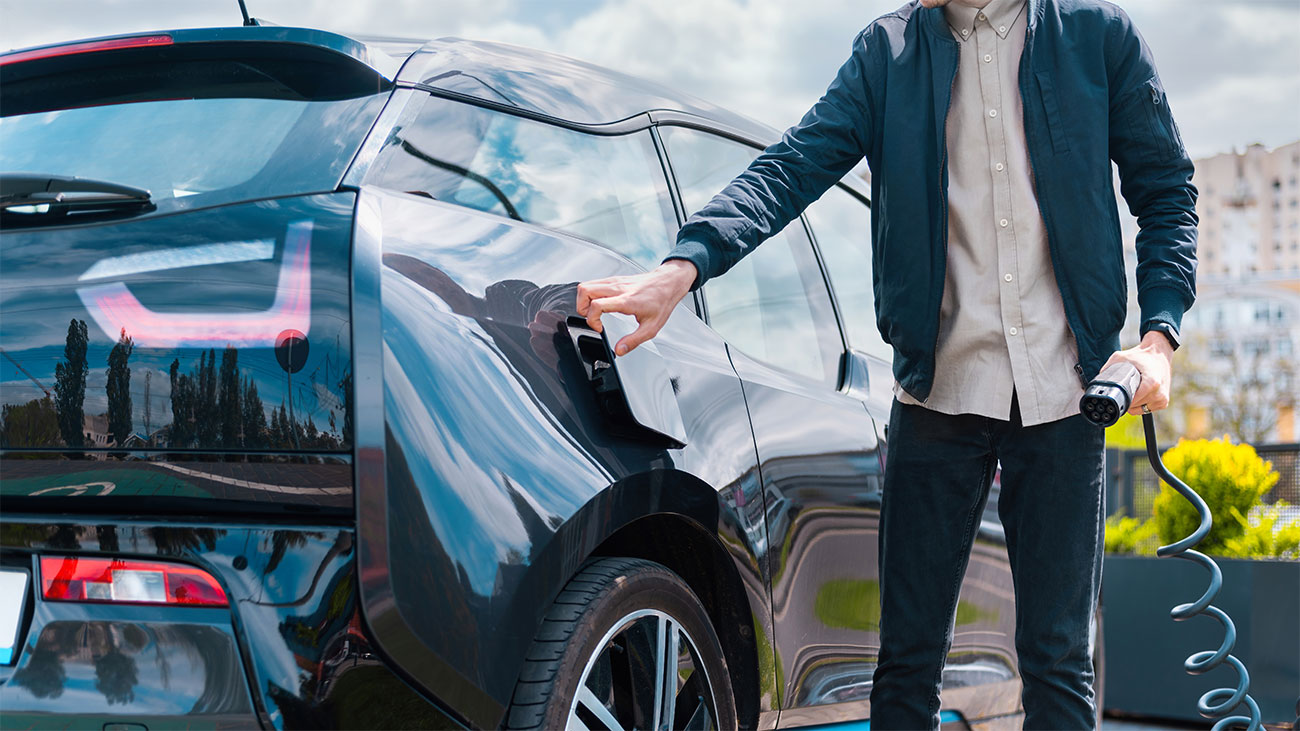How Many kWh to Charge a Car
Often if you’re new to electric cars as a newbie, working out how much charge your electric car needs can seem tricky. Whether you’re a new owner of an electric car or you’re considering replacing it, this guide will walk you through the basics of charging your electric car in a simple way.
The Short Answer
Most electric cars need between 40-100 kWh for a full charge, similar to filling up a gas tank. Your actual needs will depend on your car’s battery size and how empty it is when you plug in.
EV Battery Sizes
Cars come in different sizes and have “fuel tanks” (batteries). Here’s what you’ll find in some popular models:
- Tesla Model 3: 50-82 kWh
- Tesla Model Y: 75-82 kWh
- Nissan Leaf: 40-62 kWh
- Ford Mustang Mach-E: 68-88 kWh
- Chevrolet Bolt: 65 kWh
How to Figure Out Your Charging Needs
It’s actually pretty simple to calculate how much juice you’ll need. Here’s how:
Let’s say your car has a 75 kWh battery down to 20% charge. You’ll need:
75 kWh × (100% – 20%) = 60 kWh to get back to full

Charging Options and Times
Home Charging (Level 1)
- Uses a regular wall outlet
- Adds about 40-50 miles of range overnight
- Great for overnight Charging at home
- It takes about a day for a full charge
Enhanced Home Charging (Level 2)
The Infinity series from Tayniu and the 7KW from SpeedyPro are examples.
- Requires a 240V outlet (like your dryer uses)
- Adds 25-30 miles per hour
- Perfect for home and most public charging spots
- Full charge in 4-10 hours
Fast Charging
- Found mainly at public stations
- Can add 200+ miles in 30 minutes
- Best for road trips
- It gets you to 80% in about half an hour
What It Costs
The cost to charge varies quite a bit depending on where you live and where you charge:
- Home: Usually $0.12-0.16 per kWh
- Public Stations: $0.20-0.30 per kWh
- Fast Charging: $0.30-0.60 per kWh
Let’s break down a real example: If you drive 1,000 miles monthly in a typical EV:
- You’ll use about 286 kWh
- Charging at home would cost $34-46
- That’s way less than gas!
Smart Charging Tips
- Charge overnight when electricity rates are lower
- Keep your battery between 20-80% for most extended life
- Save fast charging for road trips
- Park in moderate temperatures when possible
- Use your car’s trip planner for long drives
Real-World Factors That Affect Charging
Weather
Cold weather can be harsh on EVs:
- Range drops 20-30% in winter
- Heat and AC use extra power
- Battery charges slower when cold
Driving Style
Just like with gas cars:
- Highway speeds use more power
- Gentle acceleration saves energy
- Hills and wind make a difference
Common Questions
Q1: Do I need to charge every day?
A1: Most people plug in every night or two, like charging your phone.
Q2: Will fast charging hurt my battery?
A2: Occasional fast Charging is acceptable but not ideal for everyday use.
Q3: Can I use any charging station?
A3: Most newer EVs can use any Level 2 charger, but fast Charging might need specific plugs.
EV charging isn’t complicated once you get the hang of it. Remember:
- Most cars need 40-100 kWh for a full charge
- Home charging works excellent for daily use
- Fast charging makes road trips easy
- You’ll save money compared to gas
Set up a charging routine that fits your lifestyle, and you’ll find that charging an EV is actually more convenient than going to the gas station – it’s just like plugging in your phone at night.
Tayniu will give you the most comprehensive charging solution, whether you need home or fast charging. Enquire now!
Last Updated on November 22, 2024 by tayniu
